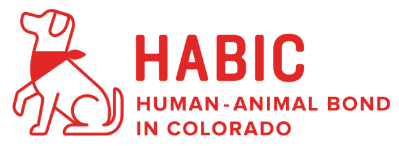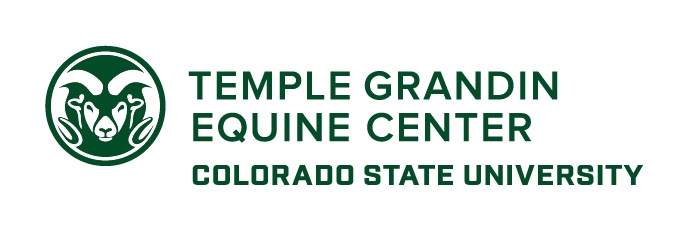One Health and Human-Animal Interaction Research
The One Health approach strives for optimal health outcomes for humans, animals, and the environment by acknowledging the connection between them. A noteworthy aspect of this approach is the exploration of human-animal interaction and its profound influence on the health of both humans and animals. Research at Colorado State University has explored the intricate dynamics and impacts of approaching issues at the nexus of this connection.
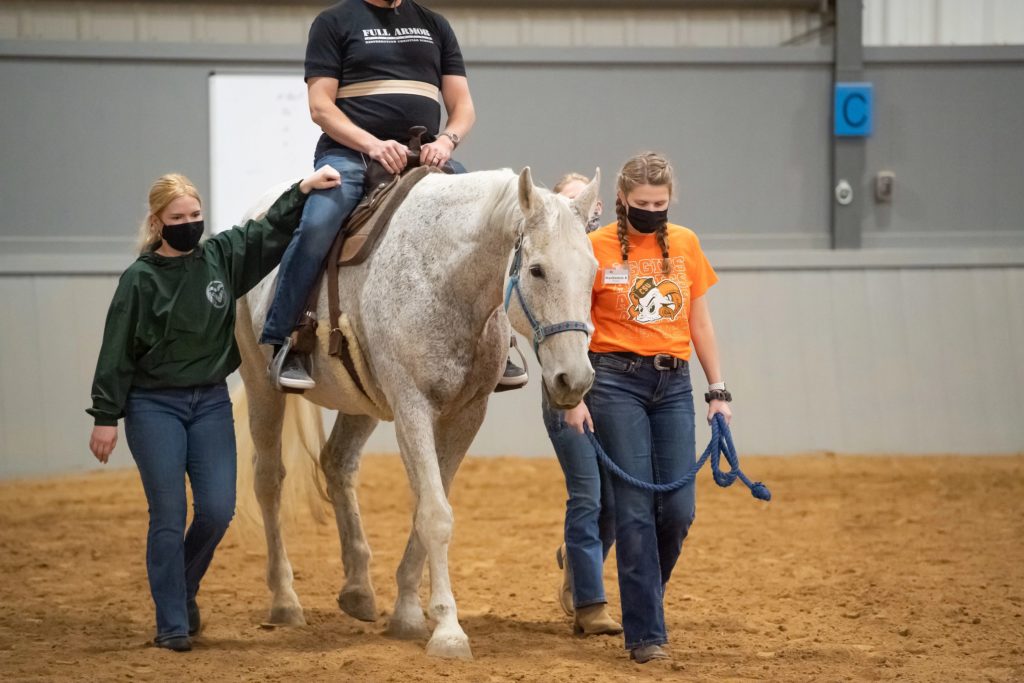
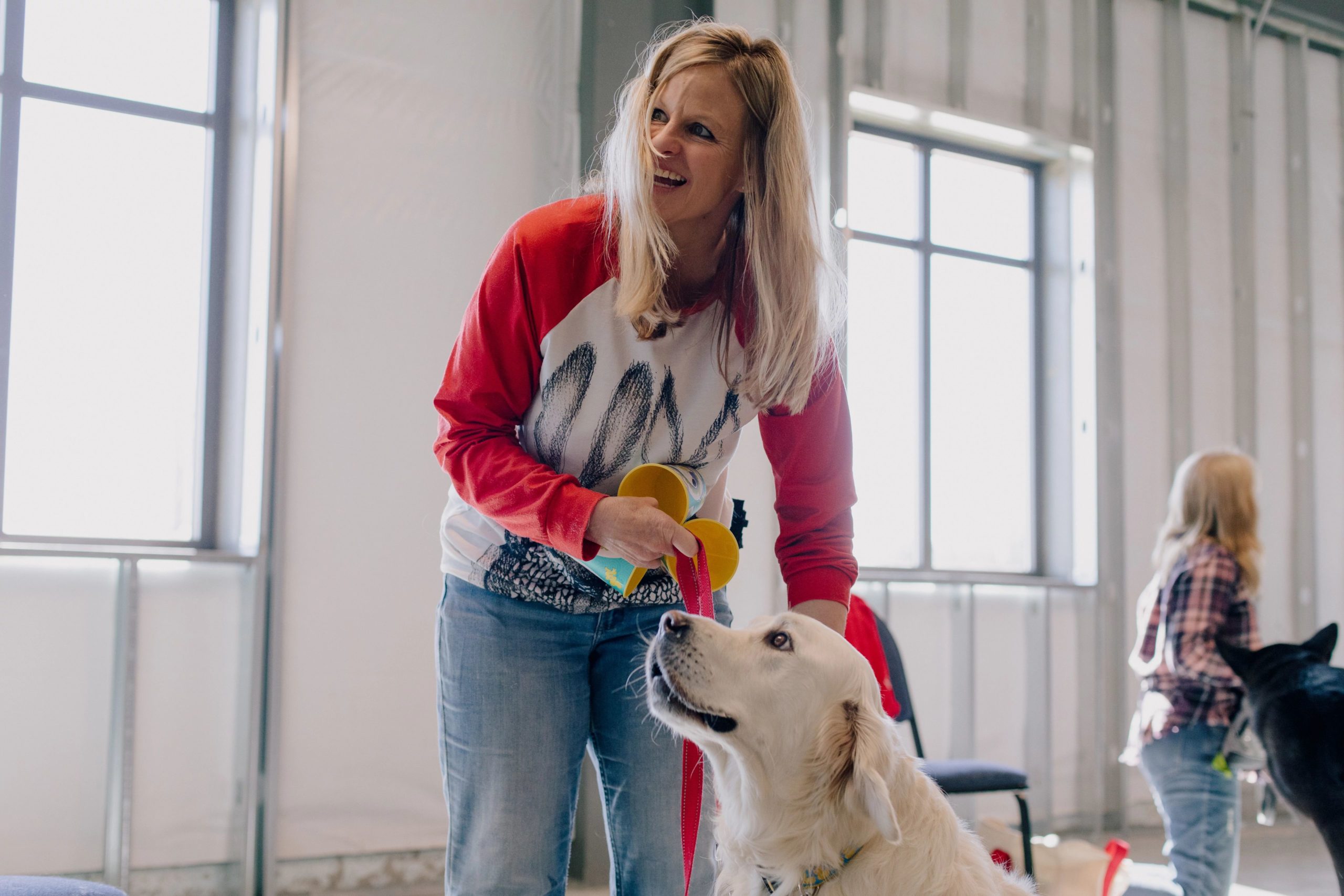
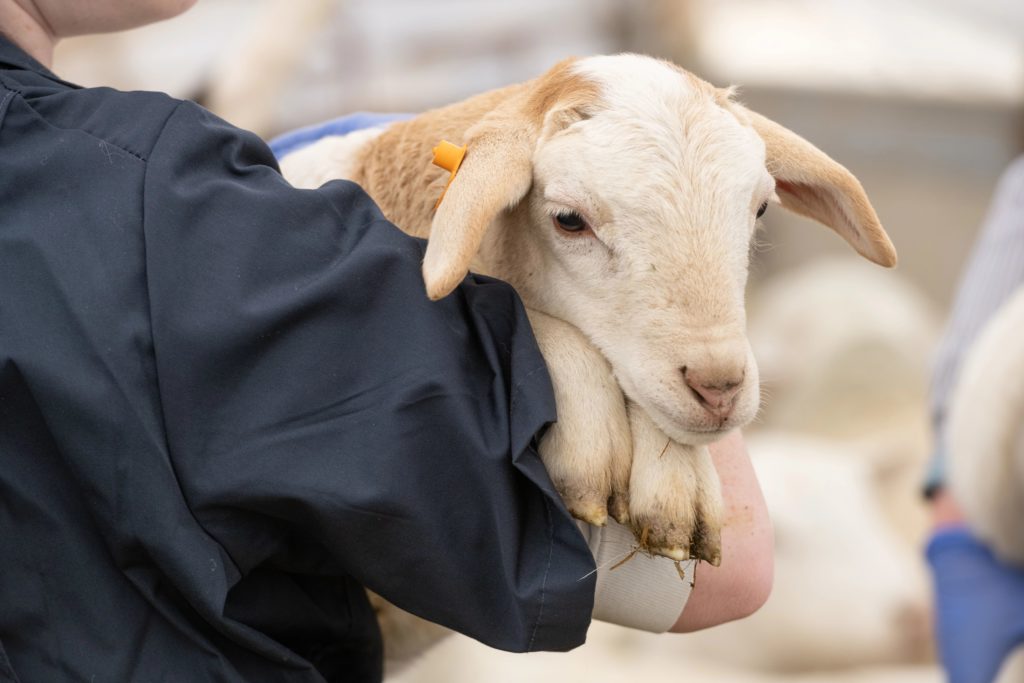
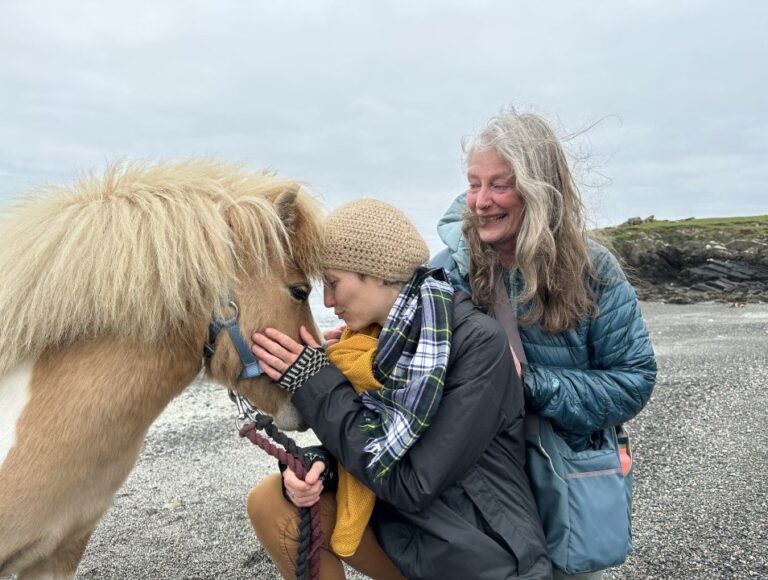
CSU One Health Institute's Animal Research Coordinator researches innovative approaches to health challenges
Dr. Lorann Stallones, Professor in the Psychology department at CSU and Human-Animal Research Coordinator at the One Health Institute, has studied the intricate relationship between humans and animals to address health challenges to both.
Pictured left, Dr. Stallones and her daughter, Erin L. Nuckols, PhD., visit a Shetland Ranch together on Shetland Island, Scotland.
One Welfare: Recent Publication Spotlight
Stallones, L., McManus, P., McGreevy, P. (2023). Sustainability and the Thoroughbred breeding and racing industries; An enhanced One Welfare perspective. Animals. 13, 490. https://doi.org/10.3390/ani13030490.
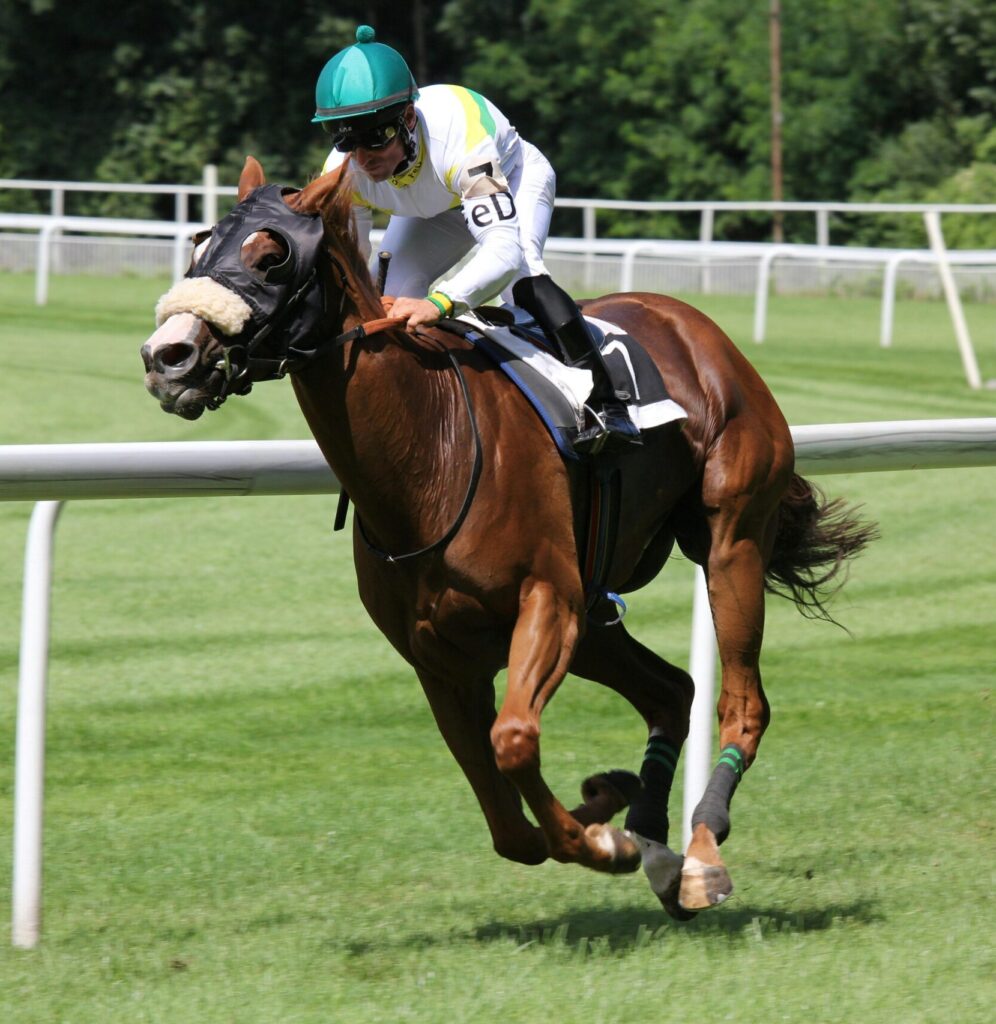
Dr. Stallones et al. on Sustainability and the Thoroughbred breeding and racing industries; An enhanced One Welfare Perspective
This article explores challenges within the global Thoroughbred breeding and racing industry as it strives for sustainability. It assesses the sector’s impact on horse welfare, industry participants such as workers, and the environment, proposing an enhanced One Welfare framework for better management.
Unlike prior research, the article also extends an application model to evaluate the industry’s impact on all the workers, including the jockeys, and the environmental impacts. Many approaches advocate for a ban on horseracing; this article instead suggests pathways for gradual improvements in industry practices while acknowledging the interests of stakeholders.
Publications on Equine Assisted Services
Kelly, E., Wood, W., Stallones, L., Schmidt, A., Peters, B. (2023) Integrating Horses in Psychotherapy for Transition-Aged Students: A Theory-Driven Logic Model. Volume 46, Issue 3. Journal of Experiential Education.46(3):342-363. https://doi.org/10.1177/10538259221145936.
Hanson MR, Alm K, Fields B, Gabriels R, Schmid AA, Stallones L and Peters BC (2023) The potential usefulness of standardized assessments to measure participant outcomes of adaptive/therapeutic horseback riding: a survey study. Frontiers in Veterinary Science 10:1303991. https://www.frontiersin.org/articles/10.3389/fvets.2023.1303991/full
Stallones, L., Gilbert, L., Figan, A. (2023). Applying a One Welfare Framework to Equine Assisted Services. (Poster) American Public Health Association Annual Meeting, Atlanta, GA. November, 2023.
Other Impactful Research on Human-Animal Interactions (HAI)
Lexington Attachment to Pets Scale (LAPS)
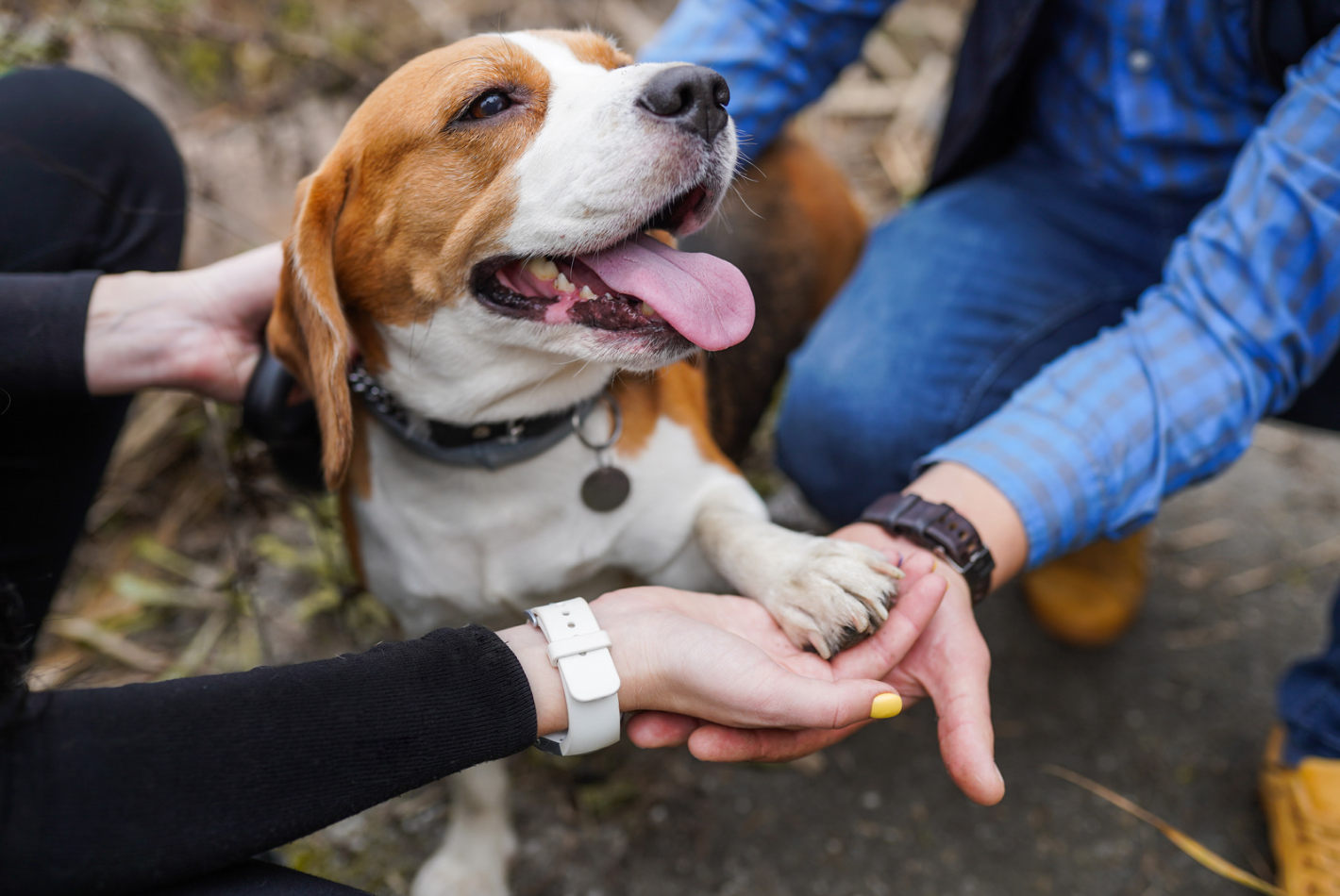
The Lexington Attachment to Pets Scale (LAPS) was developed in 1990 with funds from the Delta Society and the American Pet Product Manufacturers. The paper describing the scale, published in 1992, has had a high scientific impact and has been cited around the world by undergraduate students, graduate students, and researchers studying human-companion animal interactions and pet attachment.
LAPS aims to measure the degree of attachment that an owner has to their companion animals and is one of the most used tools to assess the bond between people and their animals. The authors receive multiple requests annually to use the LAPS from researchers from across the world.
Research Interest Score: 230.8 (Reflecting high scientific impact on ResearchGate)
Citations: 414
Reads: 3,054
Peer-Reviewed Publications on Euthanasia
Edwards-Callaway, L., Cramer, M., Roman-Muniz, I., Stallones, L., Thompson, S., Ennis, S., Marsh, J., Simpson, H., Kim, E., Calaba, E., Pairis-Garcia, M. (2020). Preliminary exploration of swine veterinarian perspectives of on-farm euthanasia. Animals, 10(10). https://www.mdpi.com/2076-2615/10/10/1919
Simpson, H., Edward-Callaway, L., Cramer, M. Roman-Muniz, I., Stallones, L., Thompson S., Ennis, S., Kim, E., Pairis-Garcia, M. (2020). Preliminary study exploring caretaker perspectives of euthanasia on swine operations. Animals, 10(12). https://www.ncbi.nlm.nih.gov/pmc/articles/PMC7761904/
Roman-Munoz, I., Cramer, M., Edwards-Callaway, L., Stallones, L., Kim, E., Thompson, S., Simpson, H., Mijares, S. (2021). Dairy caretaker perspectives on performing euthanasia as an essential component of their job. Animals. 11 (2). 289. https://doi.org/10.3390/ani11020289
Edwards-Callaway, L., Simpson, H., Roman-Muniz, N., Cramer, C., Mijares, S., Stallones, L., Rivera-Gonzalez, J., Aberle, J. (2022). Preliminary exploration of weekly peer group discussion as a strategy for coping with feelings associated with euthanasia in dairy caretakers. International Journal of Environmental Research and Public Health. 19, 2177. https://doi.org/10.3390/ijerph19042177.
Edwards-Callaway, L. N., Mijares, S.H., Simpson, H. M., Cramer, M.C., Roman-Muniz, I.N., Stallones, L. (2022). Preliminary exploration of training, perspectives, and mental health program awareness in slaughterhouse plant workers who perform stunning as part of their job. Journal of Applied Animal Ethics Research. 1-21. Doi.10.1163/25889567-BJA10030.
